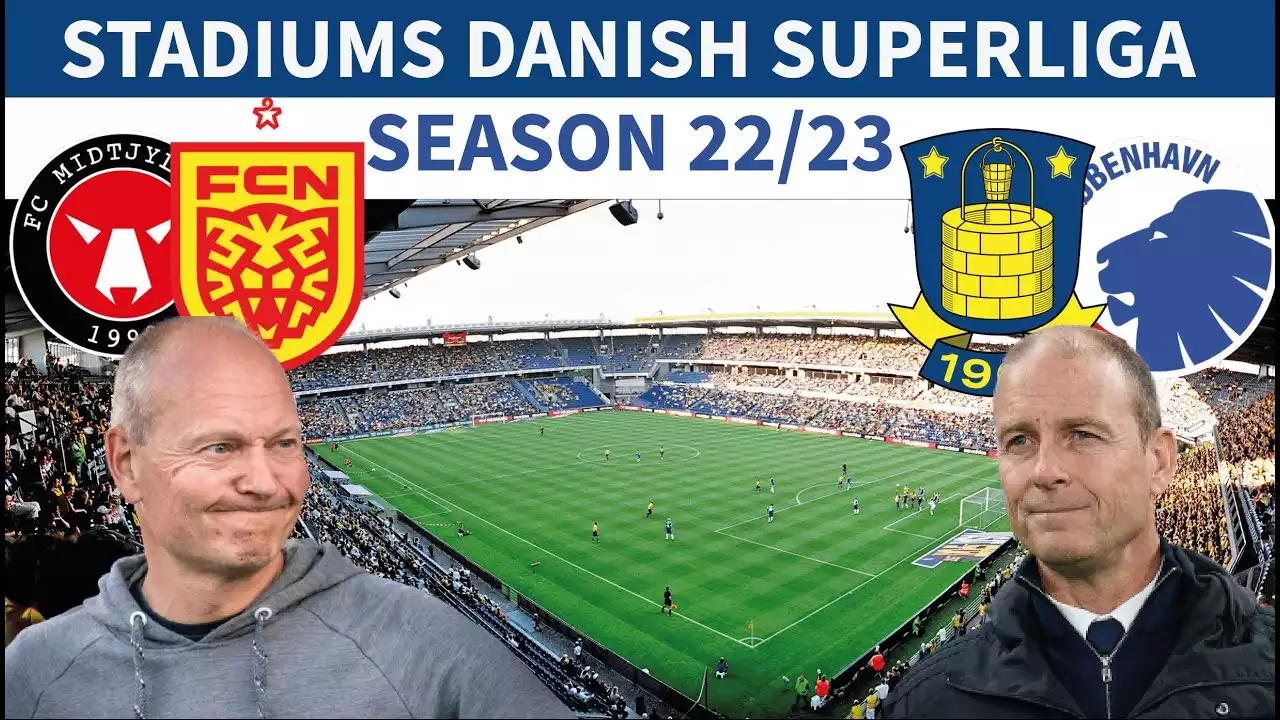The Transition from Player to Manager
The transition from being a player to becoming a manager is not a simple one. It requires a shift in mindset and a whole new set of skills. As a player, the focus is primarily on individual performance and contributing to the team's success on the field. However, as a manager, the responsibilities extend beyond the pitch, encompassing tactics, team selection, player development, and much more.
To make this transition successfully, players must adapt to their new role and embrace the challenges that come with it. It's a journey that requires a deep understanding of the game, strong leadership skills, and the ability to motivate and inspire a team. Former players who have successfully made this transition have proven that their on-field experience can be invaluable in the managerial world.
Challenges Faced by Players Transitioning to Managers
Becoming a manager is not without its challenges. For players transitioning to this role, one of the biggest hurdles is learning to let go of the player mindset and instead adopt a more strategic and holistic approach. It can be difficult to shift from being the one executing the game plan to being the one responsible for creating and implementing it.
Additionally, managing a team requires strong interpersonal skills and the ability to handle conflicts and egos within the squad. As a player, it's relatively easy to focus on your own performance, but as a manager, you must navigate the dynamics of an entire team and ensure that everyone is working towards a common goal. This can be a delicate balancing act, especially when dealing with a diverse group of players with different personalities and playing styles.
Success Stories of Players Turned Managers in Danish SuperLiga
Despite the challenges, several former players in the Danish SuperLiga have successfully made the transition to becoming respected and accomplished managers. One such success story is that of Kasper Hjulmand, who played for FC Copenhagen before transitioning into coaching. Hjulmand's tactical brilliance and ability to inspire his players have led to numerous successes, including guiding FC Nordsjælland to their first-ever Danish SuperLiga title.
Another inspiring story is that of Ståle Solbakken, who had a successful playing career in Europe before becoming a manager. Solbakken's meticulous attention to detail and his ability to create a cohesive team have resulted in multiple Danish SuperLiga titles for FC Copenhagen. His success as a manager has not only elevated his own career but has also brought international recognition to Danish football.
Key Skills and Qualities Needed to Succeed as a Manager
To succeed as a manager, former players must possess a combination of skills and qualities that go beyond their playing abilities. One of the key skills is tactical acumen. Understanding the intricacies of the game and being able to develop effective strategies is crucial for a manager's success. This knowledge allows them to analyze opponents, make informed decisions during matches, and maximize their team's strengths.
Leadership is another essential quality. A successful manager must be able to inspire and motivate their players, create a positive team culture, and provide guidance and support when needed. The ability to communicate effectively and build strong relationships with players, staff, and stakeholders is also vital in fostering a cohesive and high-performing team.
Strategies for a Successful Transition from Player to Manager
Making a successful transition from player to manager requires careful planning and preparation. One strategy is to seek out mentorship and guidance from experienced managers who have already made this transition. Learning from their experiences, gaining insights into their decision-making processes, and understanding the challenges they faced can be invaluable in navigating the journey.
Another strategy is to invest in further education and training. Taking coaching courses, attending workshops, and staying up-to-date with the latest developments in the football world can help players develop the necessary skills and knowledge to excel as managers. This continuous learning approach ensures that former players are equipped with the tools they need to succeed in their new role.
The Role of Mentorship and Guidance in the Transition Process
Mentorship and guidance play a crucial role in supporting players as they transition to becoming managers. Having someone who can provide advice, offer a different perspective, and share their own experiences can be immensely valuable. Mentors can help players navigate the challenges they face, provide guidance on decision-making, and offer support during difficult times.
Additionally, seeking guidance from experienced professionals in the field can help players develop their own coaching philosophy and style. By learning from those who have already trodden the path, players can gain insights into different managerial approaches and adapt them to suit their own strengths and personality.
Common Mistakes to Avoid During the Transition
While the transition from player to manager offers exciting opportunities, there are common mistakes that aspiring player-managers should be aware of and avoid. One common pitfall is trying to replicate their playing style and tactics without considering the unique strengths and weaknesses of their team. It's important for managers to adapt their approach based on the personnel they have and the specific challenges they face.
Another mistake is neglecting the importance of effective communication. Clear and open communication is essential for building trust and understanding within the team. Managers should ensure that their instructions and expectations are clearly articulated, and they should also be receptive to feedback from their players and staff.
Training and Development Opportunities for Aspiring Player-Managers
For players looking to make the transition to becoming managers, there are various training and development opportunities available. Football associations and coaching organizations offer coaching courses and certifications that provide the necessary knowledge and skills to succeed in a managerial role. These courses cover topics such as tactics, player development, and leadership, allowing players to enhance their understanding of the game and develop their coaching abilities.
Furthermore, attending conferences and seminars, reading books and articles, and engaging in online communities can provide valuable insights and keep aspiring player-managers updated with the latest trends and best practices in the field. Continuous learning and professional development are critical for staying ahead in the ever-evolving world of football management.
Embracing the Next Chapter in the Danish SuperLiga
The transition from player to manager in the Danish SuperLiga is a challenging but rewarding journey. Former players who have embraced this transition have left an indelible mark on Danish football, showcasing their tactical brilliance, leadership skills, and ability to inspire their teams. By learning from their experiences, developing key skills, seeking mentorship, and staying abreast of industry developments, aspiring player-managers can set themselves up for success in this new chapter of their careers.
The Danish SuperLiga continues to be a breeding ground for talented individuals who have made the transition from player to manager. Their stories serve as inspiration for current and future generations of players, showing that there is more than one path to success in the world of football. As the league continues to evolve, these transition stories will undoubtedly continue to shape the landscape of Danish football for years to come.









